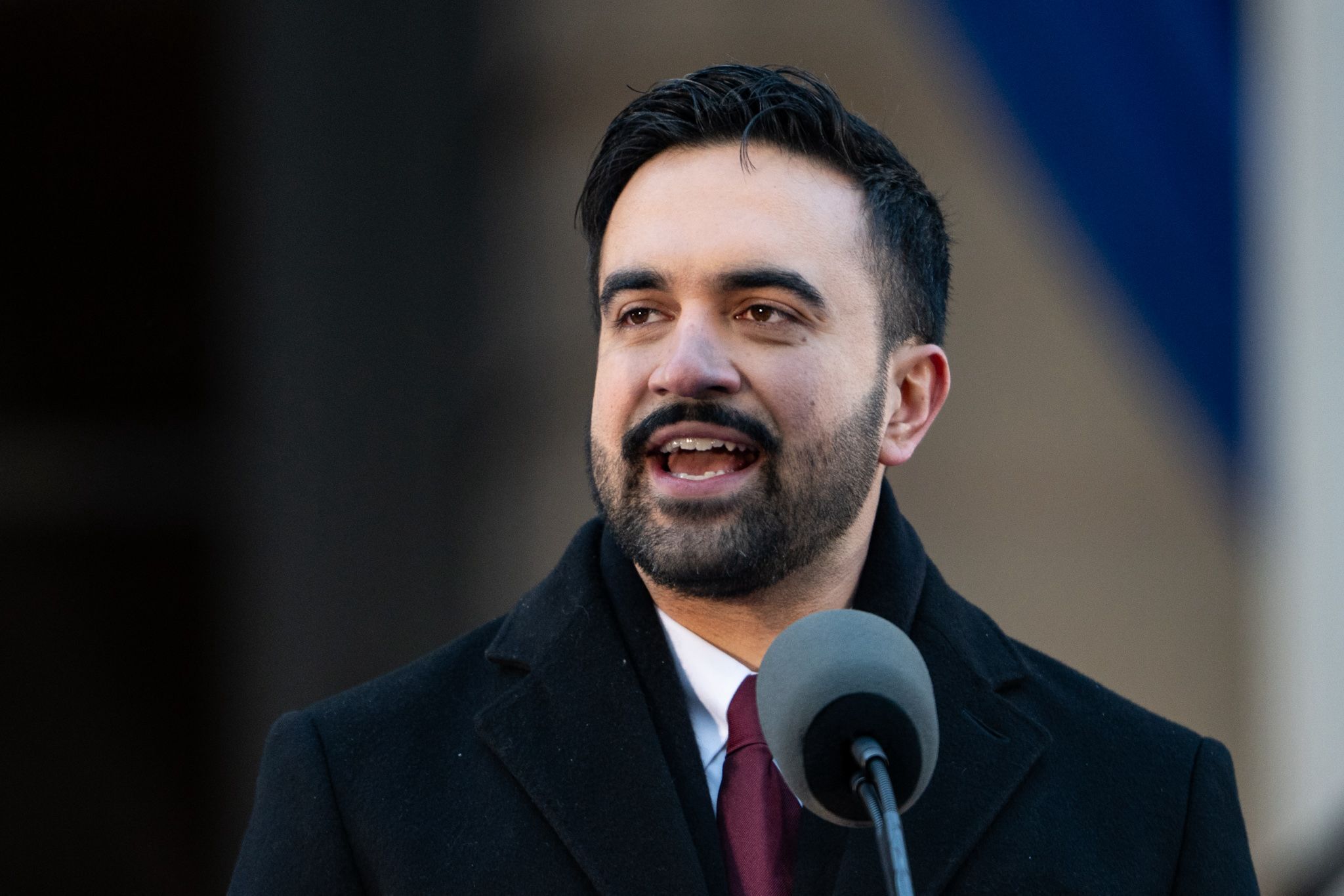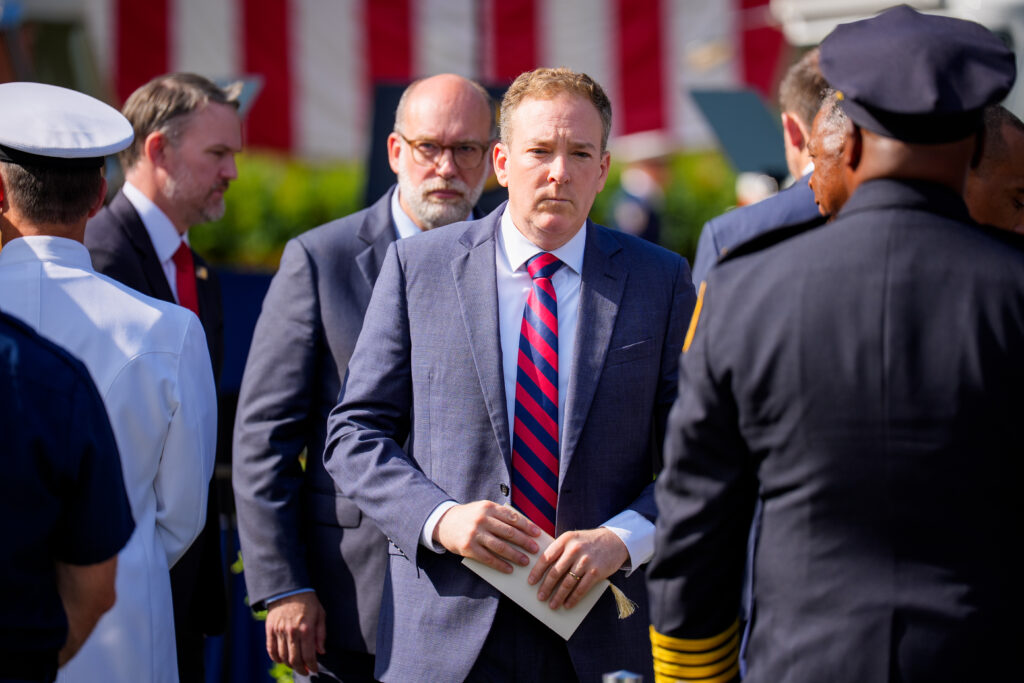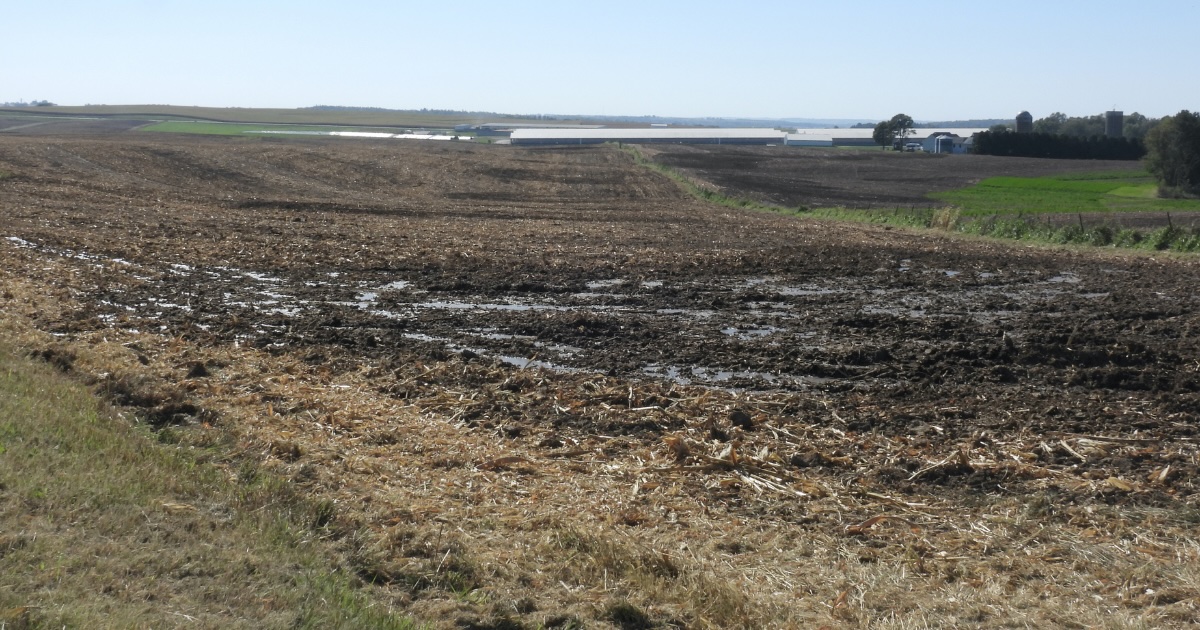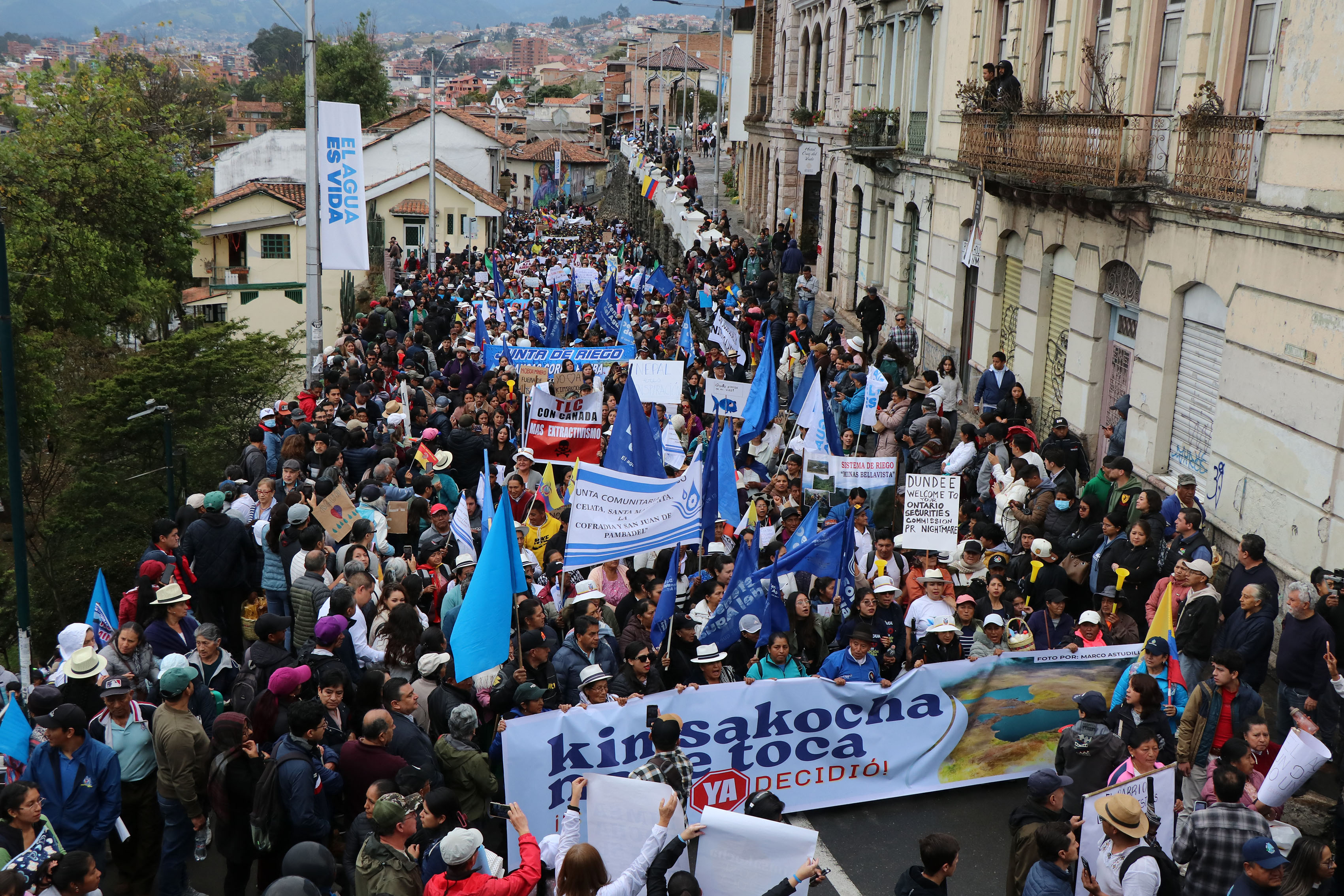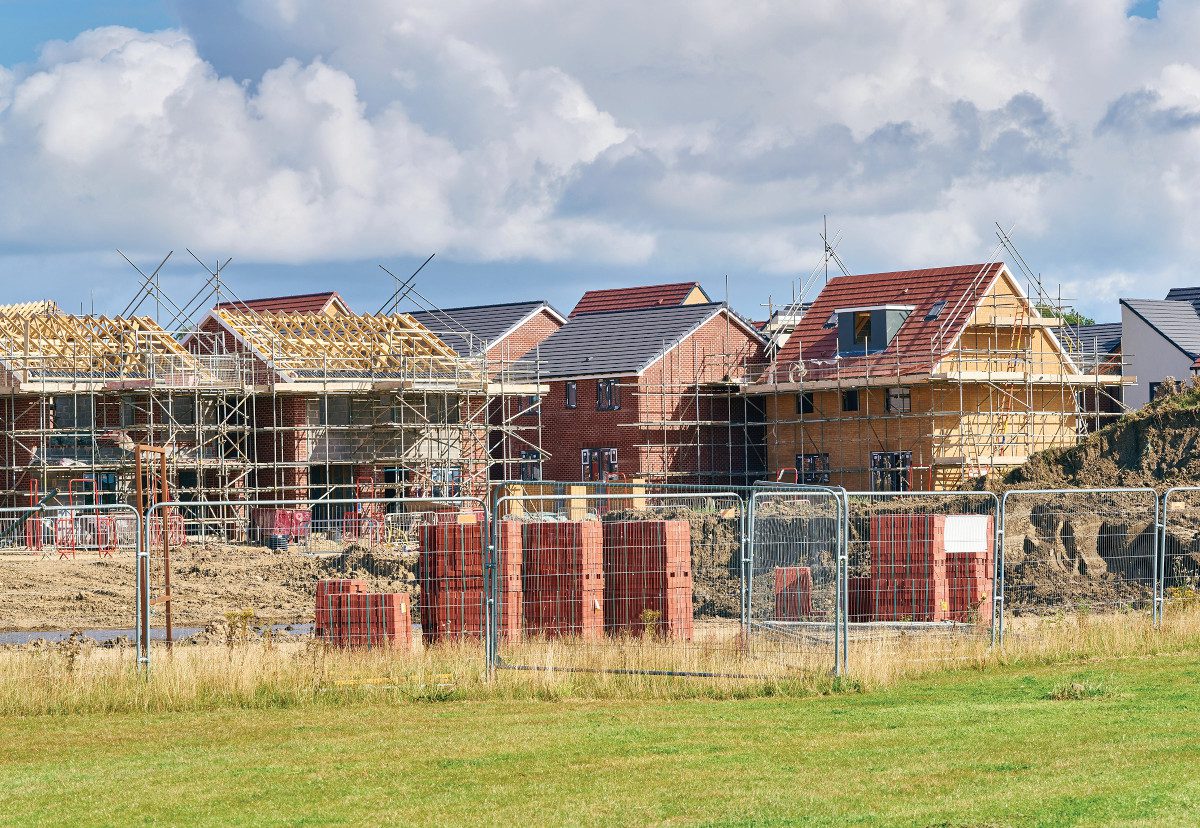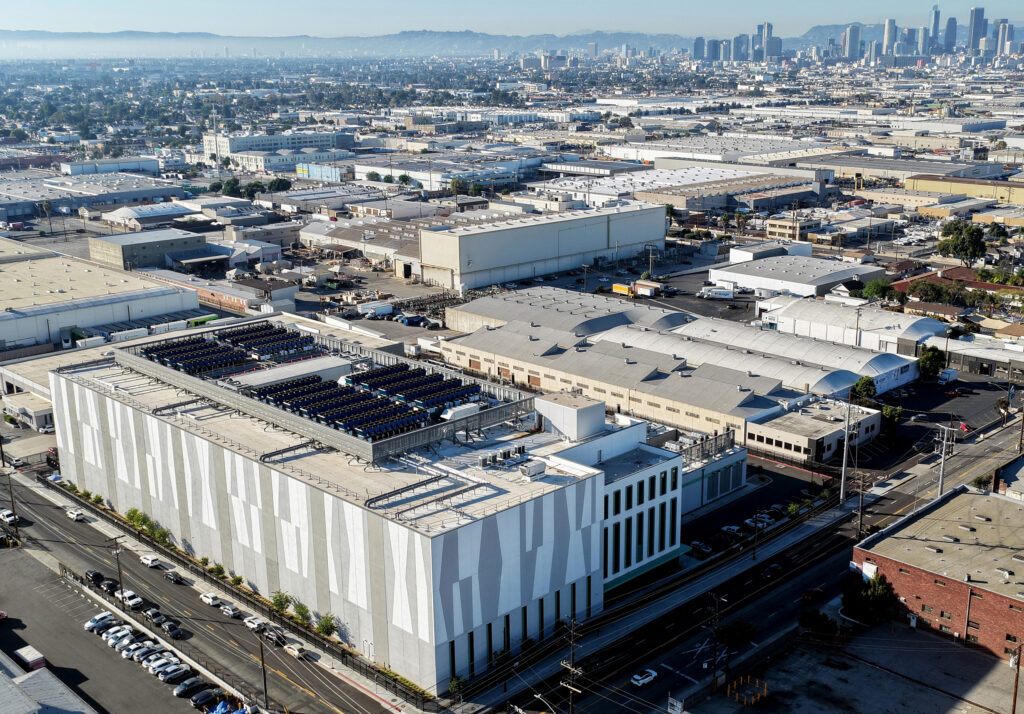SHILOH COMMUNITY, Ala.—If it’s been raining, the kids bring two pairs of shoes to the bus stop.
One pair is for before school—for the trek through high water in the historically Black Shiloh community in Coffee County, Alabama.
“They roll their pants legs up, too,” said Otis Andrews, who’s lived in the community nearly all his life.
Once they’ve made it onto the bus, they can change into their second pair, drying out for the school day to come.
“That’s not acceptable,” Andrews said of the situation. “It’s really not. They shouldn’t have to do this.”
We’re hiring!
Please take a look at the new openings in our newsroom.
See jobs
It hasn’t always been this way. Shiloh is naturally flat, explained Robert Bullard, a Coffee County native known as the “father of environmental justice.”
It was only when the State of Alabama expanded Highway 84 from two to four lanes, elevating it well above the existing terrain, that the problems began, according to Bullard and Shiloh’s residents. Since that expansion was completed in 2018, those living in the community have faced flooding that has left them desperate for action.
“Water goes downhill, and it doesn’t take a Ph.D. to understand that,” Bullard said. “This was done on purpose. This wasn’t an accidental ‘oops.’ ALDOT cared more about not flooding the highway than they did about flooding the community. That is unacceptable.”
The Alabama Department of Transportation did not respond to a request for comment before publication. The department has previously denied that the highway expansion led to flooding in the Shiloh community.

On Monday, Bullard visited the Shiloh community once again, kicking off a Black History Month “Journey to Justice” tour run by his namesake Bullard Center for Environmental and Climate Justice at Texas Southern University.
During the visit, Bullard vowed to bring residents’ realities straight to the White House in the coming days. Bullard, a member of President Joe Biden’s Environmental Justice Advisory Council, said getting justice for Shiloh is his priority this year.
“I made a New Year’s resolution,” he said. “I don’t usually do it. But I did it in 2024. I said
2024 should be the year of justice for Shiloh.”
Pastor Timothy Williams could hear his house being torn apart at the seams.
“I’m sitting there praying, and the next thing I know, I hear the house pop,” he said.
Monday afternoon, he showed Bullard and others the resulting damage, which he says is a result of flooding caused by the highway. Williams’ home is a stone’s throw from Highway 84, which now towers over the Shiloh community. Williams’ roof is nearly level with the road, which tilts toward Williams’ and others’ homes.


Now, the evidence of damage is clear. The brick holding Williams’ home together has begun to crack. Under the window to his daughter’s room, it’s undeniable. The home is being split apart.
But Williams, like some other residents in the area, has a limited ability to fight back, at least in the courts. Multiple residents interviewed by Inside Climate News signed agreements that, for a relatively small amount of money, have restricted their property deeds in perpetuity, holding the state blameless for the water woes. Williams said the restrictive covenant agreements were a part of paperwork related to a Board of Adjustments claim filed by residents. Williams and other residents said they had no idea they were signing away their right to sue over the highway flooding.
“They did it without our permission,” Williams explained. “They slipped it in. We had no idea we were signing away our rights.”
A few doors down, Otis Andrews said he dreads the rain.
Andrews, 62, said that without action to mitigate the flooding, he won’t be able to stay in his family home for much longer.
When it rains, water from Highway 84 is diverted toward the Shiloh community. Drainage pipes, typically run parallel to the road, are instead pointed toward the homes of residents like Williams and Andrews. With the water, too, comes trash and debris. Bullard said that so much trash has flowed into the area from rushing rainwater that he considers the site an illegal dump.
For Andrews, the constant flooding has meant continued damage to his home that has left him with little hope he’ll be able to stay.




“All the sheetrock and the walls are cracking,” he said. “The ceiling in the kitchen fell through, and we had it put back up. Because the foundation is sinking, the laundry room began leaking, and we had to pay $2,000 to fix it. Now, it’s separating from the rest of the house. They just made a mess of this whole thing.”
The mold, Andrews said, may end up being the final straw.
“I don’t think I’ll be able to stay,” he said. “The mold is building up. You have to keep the doors and windows open.”
Andrews’ family, like most of the residents in the Shiloh community, own their home. What’s happened after the highway expansion has left them wondering what they’ll have left to leave to the next generation.
“My parents worked hard to get this house,” he said. “And I don’t know what’ll be left. It hurts the whole family”
Andrews said he believes that if Shiloh was a community of white residents, state officials would have taken more care to assess the impact of the highway expansion on its residents.
“It would’ve never been done like that,” he said.
Andrews said he feels that the state simply wants residents to move out so that the area can be built up for commercial development.
“And we’ll just be left out,” he said.
Bullard agrees with Andrews’ assessment. He called the highway expansion and resulting flooding a result of “savage” engineering.
“This road was engineered in a disrespectful way,” he said. “There are no other communities along this stretch of highway that were put in a bowl. The only thing that is different about this community is that they’re Black landowners. … This was done on purpose by smart people who are engineers and hydrologists and who do not care about the results and do not care about fixing it. Structural racism created this problem. This is a manmade problem that did not have to exist.”
Williams said his willingness to stand up against state officials has left his business, Rosie Kitchen, suffering as well.
On Monday, the restaurant, named after Williams’ mother, served barbeque, beans and cornbread to those who attended the community tour.
“When we stood up against all of this, white people started boycotting the business,” Williams said. It’s just another blow for his family—another obstacle in keeping their heads above water.
Nearby, Army veteran Willie Horstead Jr., lives in a mobile home that’s sinking from constant inundation by flooding. Recently, the local gas company had to dig out his meter so that they could even conduct readings.
“At night, I hear crackling noises, like metal twisting or breaking,” Horstead said. “My kitchen is slanted.”


Horstead, 79, is afraid about his safety inside his home.
“I pray that one day I don’t go through the floor,” he said.
The environmental injustices in the Shiloh community aren’t limited to the effects of flooding. On Monday, residents also spoke out about the fears that arose from a gas leak in the neighborhood on New Year’s Eve.
Williams was on a walk with his family when he smelled the gas. He conferred with other residents, who described their gas heaters sputtering and sucking in air in unusual ways.
Andrews said that when they first contacted Southeast Gas, the response was completely inadequate.
“They sent a guy out, and he sprayed it with Dawn and water, and he said ‘Ain’t nothing wrong with it,’” Andrews said.
Only after Williams contacted Bullard was the issue resolved. Once the company replaced a faulty regulator, the smell went away. The issue raised multiple concerns among those in the community, though, given their past experiences.
The pipeline that carries natural gas through the neighborhood was moved closer to residents’ homes when the highway was expanded, they explained. The pipeline is now located only about eight feet from Williams’ daughters’ bedrooms and his home’s cracking foundation.
Southeast Gas did not respond to a request for comment.
This story is funded by readers like you.
Our nonprofit newsroom provides award-winning climate coverage free of charge and advertising. We rely on donations from readers like you to keep going. Please donate now to support our work.
Donate Now
The flooding issues in the Shiloh Community will only worsen as the impacts of climate change become more pronounced, according to Bullard.
“Because of this road, the area is going to be more and more prone to flooding because of climate change,” he said. “It’s an accelerating disaster.”
Bullard said that the situation in Coffee County provides the Biden administration an opportunity to demonstrate its commitment to mitigating the impacts of climate change while affirming its dedication to Black communities across the country. Bullard plans to bring the issues in Shiloh to the attention of White House officials in the coming days when he attends the administration’s Black History Month kickoff events.
Bullard said that communities like Shiloh “know how to count money and know how to count votes,” and that in this political season, it’s imperative that elected officials act in ways that make clear where their priorities lie.
Whatever happens in Washington, Bullard pledged that he is committed to justice for Shiloh, no matter how long it may take.
“We’re going to be like the Terminator,” he said. “We’ll be back, and we have a laser focus. We want justice for Shiloh.”






